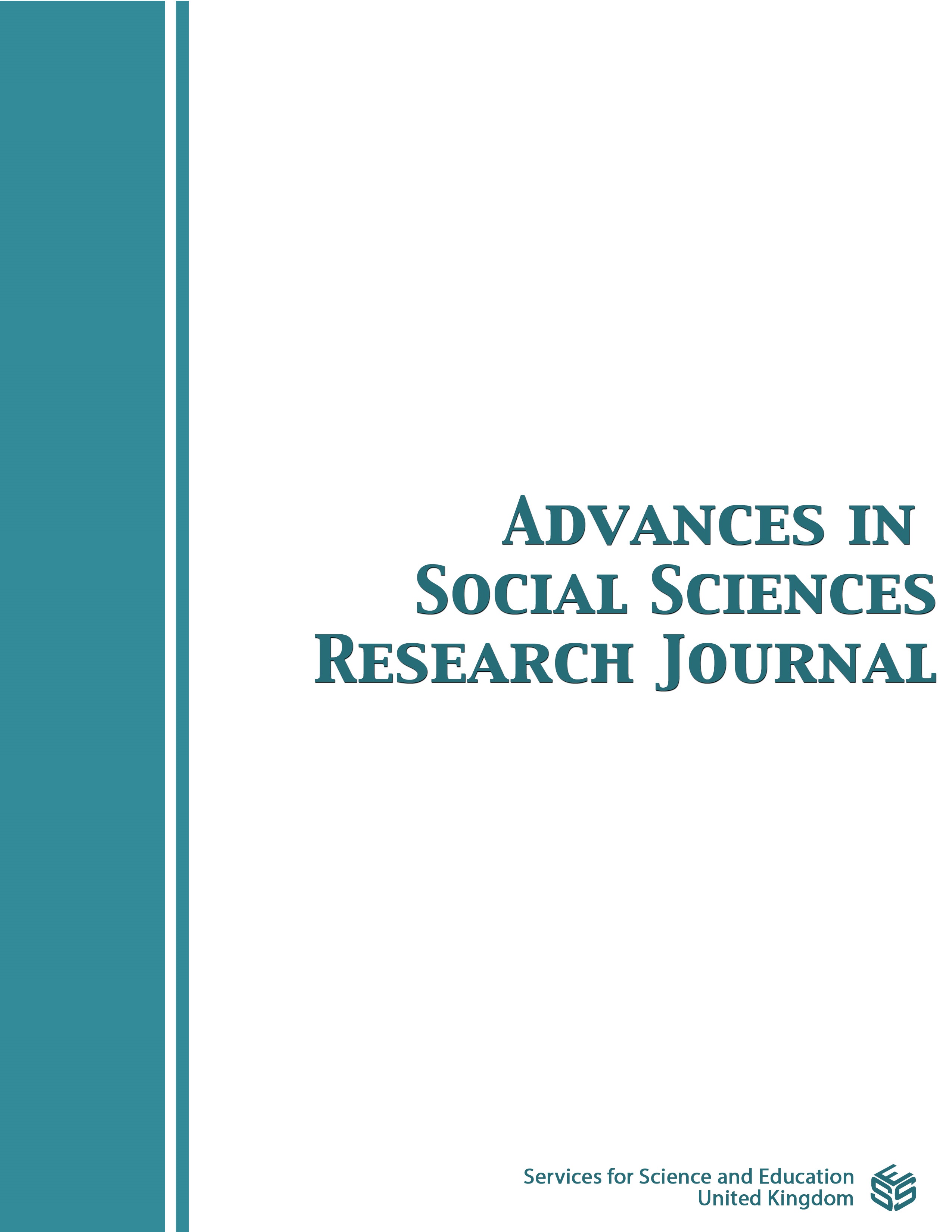Using CIPP Model Evaluation Data to Drive School Innovation Management: A Case Study of Technical Senior High School in Taiwan
DOI:
https://doi.org/10.14738/assrj.1202.18280Keywords:
technical high schools, educational evaluation, CIPP model, innovation, data-driven decision-making, PDCA cycleAbstract
Despite the growing importance of evaluation in educational management, technical high schools often struggle to effectively utilize evaluation data for innovation. This study examines how evaluation data influence the innovative management of technical high schools using the CIPP model (Context, Input, Process, Product). Employing a qualitative case study approach, this research integrates document analysis, field interviews, and observations to explore how schools leverage evaluation data for educational decision-making, resource allocation, and curriculum reform. Findings indicate that evaluation mechanisms play a crucial role in optimizing faculty development, strengthening industry-academia collaboration, and enhancing data-driven decision-making. Technical high schools that effectively apply evaluation data demonstrate improvements in student advancement rates, skills competition performance, and graduate employability. However, challenges persist, including the limited adaptability of evaluation frameworks tailored primarily for academic high schools, as well as the insufficient capacity of administrators and teachers to interpret and utilize evaluation results. To address these issues, this study suggests implementing a PDCA (Plan-Do-Check-Act) cycle to refine policy adjustments and strengthen data-driven decision-making processes. Furthermore, expanding external collaboration networks and adopting international evaluation practices can enhance school adaptability and competitiveness. Rather than being merely a performance monitoring tool, evaluation should serve as a key driver for continuous school innovation and sustainable development.
Downloads
Published
How to Cite
Issue
Section
License
Copyright (c) 2025 Kun-Yi Chen, Jen-Chia Chang

This work is licensed under a Creative Commons Attribution 4.0 International License.
Authors wishing to include figures, tables, or text passages that have already been published elsewhere are required to obtain permission from the copyright owner(s) for both the print and online format and to include evidence that such permission has been granted when submitting their papers. Any material received without such evidence will be assumed to originate from the authors.






